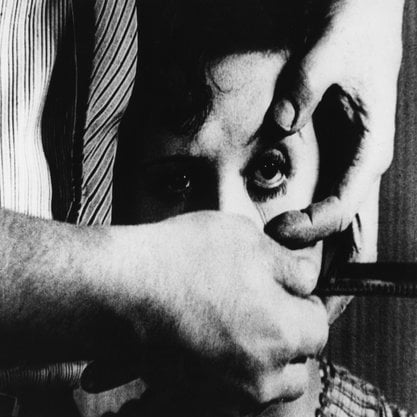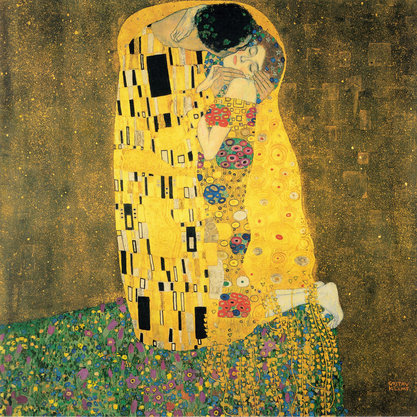Article
Rossellini, Roberto (1906–1977) By Russo, Michela
Article
Roberto Rossellini (Roberto Gastone Zeffiro Rossellini, Rome, May 8, 1906—June 3, 1977) was an Italian film director, screenwriter, and producer. His early work appeared at the height of Fascism—two shorts, now lost, on the subject of nature: Daphne (1936) and Prélude à l’aprés-midi d’un faune (1938). At the beginning of the 1940s he released his first feature films exalting the virtues of World War II combatants: La nave bianca (1941), about a group of Italian sailors on a hospital ship, Un pilota ritorna (1942), about the war between Italy and Greece, and L’uomo dalla croce (1943), about military chaplains on the Russian front. With these three films, which are often referred to as the “Fascist trilogy,” Rossellini’s work is considered to be highly controversial for his use of certain fascist ideological themes that he would definitively abandon in the aftermath of the war. This trilogy already crosses Realism and documentary filming with social aesthetics, humanist concerns, and a sharp observation of everyday life. These traits characterized Rossellini’s postwar Neorealism and never completely disappeared from the different phases of his future work.


